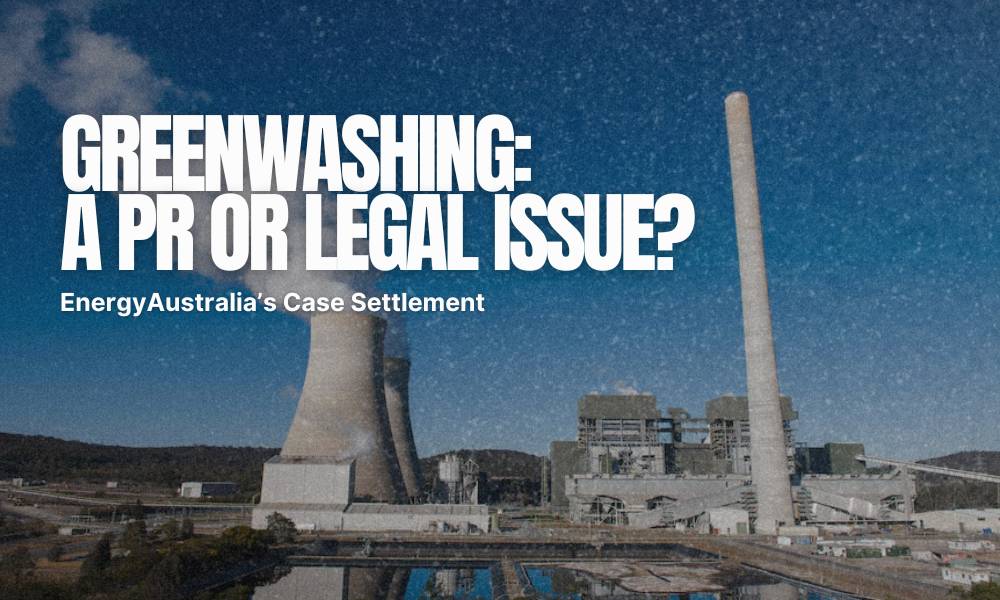
Product
NetNada Platform
Streamline sustainability and emissions for your business
Automate compliance
Achieve compliance and trust
Solutions
By company size
NetNada for every stage of your organisation
By objective
NetNada can help you with any of your sustainability goals
By industry
Follow industry standards and compare with your peers
SME's
Unlock business sustainability to stand out and grow faster
Growth
Confident sustainability compliance and reporting
Enterprise
Decarbonise supply chain and achieve netzero targets
Complete business carbon inventory
Understand your scope 1, 2, and 3 emissions
Sustainability and carbon certifications
Kick start your journey with a recognised sustainability certifications
Carbon credits and offsets
Manage and buy offsets through trusted projects
Supply chain decarbonisation
Engage your supply chain to support your net-zero goals
Professional services
Manage your carbon emissions, build strategies and meet reporting requirements
Events
Create unique experiences through measurable sustainable events
Solar companies
Showcase the importance of your solar solution and link to emissions reductions
Accountants
Carbon accounting education and software for accountants and their clients
Resources
Resources
NetNada for every stage of your organisation
Climate Academy
Become a sustainability expert and progress your career
Tools and calculators
Online and free to use tools to get you start
Company

































